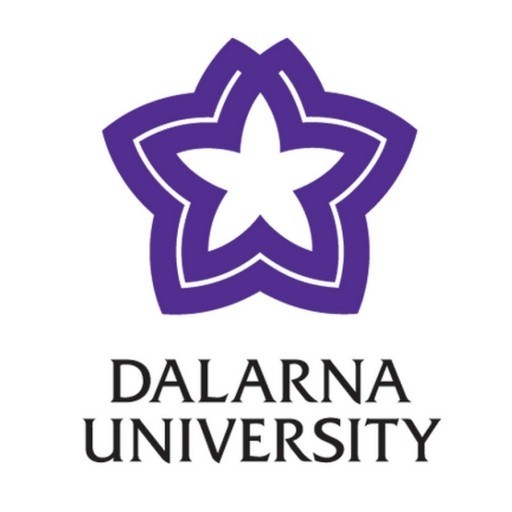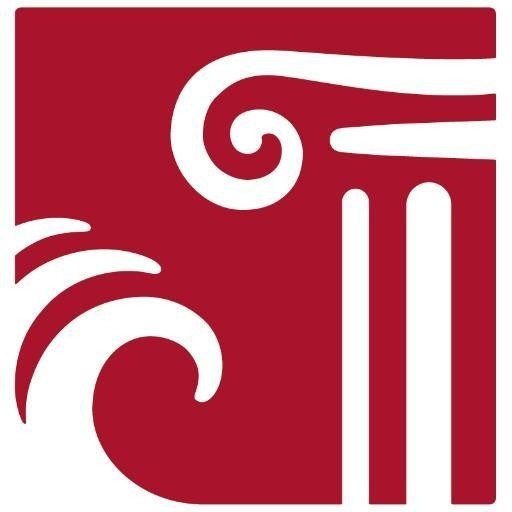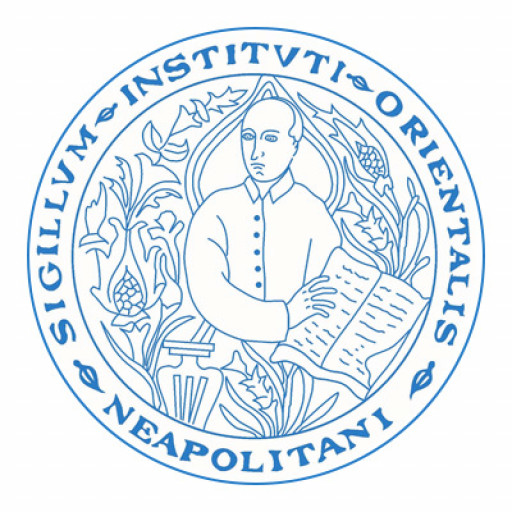Photos of university / #hogskolandalarna
The Bachelor's Programme in African Studies at Dalarna University offers students an in-depth understanding of the diverse cultural, social, political, and economic aspects of Africa. Designed to provide comprehensive knowledge, the program explores the historical developments, contemporary issues, and future prospects of the African continent. Students will engage with a wide range of themes such as development studies, post-colonial theory, ethnicity, language, and identity, as well as governance, conflict, and cooperation within Africa and between Africa and the rest of the world. Through a multidisciplinary approach, the programme fosters critical thinking and analytical skills, enabling students to assess complex issues facing African societies today. The curriculum includes courses in African history, politics, economics, anthropology, and languages, providing students with both theoretical insights and practical understanding. International perspectives and field studies are integral parts of the programme, enhancing students' intercultural competence and global awareness. The programme prepares graduates for careers in international development, policy-making, research, NGOs, diplomatic service, or further academic studies. Emphasizing active learning and research skills, the programme also offers opportunities for students to participate in internships, seminars, and international exchanges. Graduates are equipped to contribute meaningfully to discussions and initiatives aimed at sustainable development and multicultural understanding in Africa and beyond. With a flexible structure, the programme caters to students interested in global issues, social justice, and intercultural dialogue, fostering a nuanced appreciation of Africa's rich diversity and complex challenges. This Bachelor’s Degree in African Studies is ideal for students passionate about making a difference and seeking to deepen their knowledge of one of the world’s most dynamic and diverse regions.
African Studies is a comprehensive and interdisciplinary program offered by Dalarna University that aims to provide students with in-depth knowledge and understanding of the diverse cultures, histories, politics, economies, and societies of the African continent. The program is designed for students who are interested in exploring the complexities of Africa’s development, its cultural heritage, contemporary issues, and its place in the global context. Throughout the program, students will engage with a range of subjects including history, anthropology, political science, economics, and sociology, all focused on African contexts. The curriculum emphasizes critical analysis and encourages students to examine Africa through various theoretical lenses, fostering a nuanced understanding of the continent’s diverse realities.
Students will have the opportunity to study both the traditional and modern aspects of African societies, gaining insights into topics such as post-colonial development, conflict resolution, environmental challenges, and social change. The program also highlights issues of identity, migration, gender, and human rights within African contexts. Through lectures, seminars, case studies, and research projects, students will develop analytical skills, cultural awareness, and a global perspective that are highly valuable in today’s interconnected world.
Furthermore, the program offers opportunities for fieldwork, internships, and collaborations with African organizations, enabling students to gain practical experience and build professional networks. Graduates of the African Studies program will be well-equipped for careers in international development, diplomacy, NGOs, cultural exchange programs, research, and education. They will also possess the critical skills necessary to participate effectively in global discussions on African issues and contribute to creating a more informed and inclusive perspective on Africa’s role in the world. With a strong emphasis on academic excellence and cultural competency, the African Studies program at Dalarna University prepares students to become knowledgeable and engaged global citizens with a specialized focus on the African continent.
Program requirements for the Bachelor's Degree in African Studies at Dalarna University include a combination of compulsory courses, elective modules, and a thesis project. Applicants are expected to have completed secondary education with demonstrated proficiency in English, typically evidenced by a recognized English language test such as TOEFL or IELTS. The program emphasizes interdisciplinary studies, requiring students to engage with courses in history, geography, political science, cultural studies, and economics related to Africa. To qualify for admission, candidates must submit academic transcripts, a statement of purpose outlining their interest in African Studies, and relevant supplementary documents if applicable. During the program, students are required to complete introductory courses in African history and societies, as well as specialized modules such as African politics, development issues, and regional studies. The curriculum also mandates participation in seminars, workshops, and group projects to foster collaborative skills. A significant component of the program is the thesis, where students conduct independent research on an approved topic related to African Studies, demonstrating analytical and academic writing skills. Throughout their studies, students are encouraged to engage in internships, study exchanges, or fieldwork to gain practical experience. Additionally, language skills in one or more African languages may be recommended, although not always compulsory. The program aims to equip students with cultural competencies, research abilities, and critical thinking skills necessary for careers in international development, policy analysis, education, and cultural diplomacy concerning Africa. To complete the bachelor's degree, students must accrue a minimum number of credits, attend mandatory courses and examinations, and successfully defend their thesis in front of academic evaluators. Overall, the program fosters a comprehensive understanding of the social, political, and economic landscapes of Africa, preparing graduates for professional roles or further academic studies.
Financing studies at Dalarna University for the African Studies programme primarily involve tuition fees and available funding options. International students are generally required to pay tuition fees, which vary depending on the specific programme. For the African Studies programme, the tuition fee is set at approximately SEK 90,000 for the full duration of the studies. Students are advised to plan accordingly to cover these costs, including living expenses, accommodation, books, and other personal costs.
Dalarna University offers several scholarship opportunities to support students financially. These scholarships are primarily merit-based and are available to both Swedish and international students who demonstrate academic excellence and meet specific eligibility criteria. Applicants are encouraged to apply early, as the number of scholarships is limited. Additionally, students can explore external funding opportunities through government grants, private foundations, or home country scholarship programs aimed at supporting international studies or African regional research.
The university also encourages students to consider part-time employment opportunities available locally in Dalarna, which can help offset living costs. International students residing in Sweden are permitted to work part-time during their studies, usually up to 20 hours per week during academic periods and full-time during vacation.
For those enrolled in full-time studies, a monthly budget should be prepared to cover rent, transportation, food, study materials, and leisure activities. The cost of living in Dalarna is relatively moderate compared to larger Swedish cities, but students should still budget approximately SEK 8,000-10,000 per month for living expenses.
Students are advised to explore financial aid options early in the application process and to contact the university's student services for further guidance on scholarships, grants, and fee payments. It is also recommended to check with the Swedish Migration Agency regarding visa requirements related to the financial status needed to obtain a student visa for non-EU/EEA students. In summary, financing the African Studies programme involves a combination of tuition fees, potential scholarship awards, part-time work opportunities, and careful personal budgeting to successfully complete the academic programme at Dalarna University.
The Bachelor's Degree Programme in African Studies at Dalarna University offers students a comprehensive understanding of the diverse cultures, histories, societies, and political landscapes of the African continent. This programme is designed to provide students with interdisciplinary knowledge, combining perspectives from history, politics, economics, and cultural studies to develop a nuanced understanding of Africa’s development and its role in global affairs. Throughout the programme, students engage with key themes such as post-colonialism, development aid, indigenous cultures, social change, and current political challenges facing African nations.
The programme emphasizes critical thinking, analytical skills, and the ability to assess complex issues from multiple perspectives. It prepares students for careers in international organizations, NGOs, government agencies, research institutions, and media outlets that work in or on African issues. The courses often include case studies, guest lectures, and opportunities for fieldwork or internships, promoting practical understanding and real-world application of scholarly knowledge.
Students also learn about the diversity within Africa, recognizing the different languages, ethnic groups, religions, and political systems across the continent. The programme fosters intercultural competence and encourages students to reflect on issues of globalization, inequality, and sustainable development. Language training is frequently integrated into the curriculum, with options to learn relevant languages such as Swahili, Arabic, or other regional languages.
Dalarna University supports international cooperation and offers opportunities for students to participate in exchange programmes, joint projects, or studies abroad, enhancing global outlook and intercultural skills. Graduates of African Studies gain a strong foundation for further academic research or professional careers that require expertise in African affairs, making them valuable in global policy, development work, education, and consultancy sectors. The programme is structured to combine academic coursework with practical experiences, ensuring that graduates are well-equipped to contribute to understanding and solving complex issues related to Africa.
Overall, the African Studies programme at Dalarna University aims to produce informed, critical, and culturally sensitive graduates capable of engaging with African issues on local, national, and international levels.





